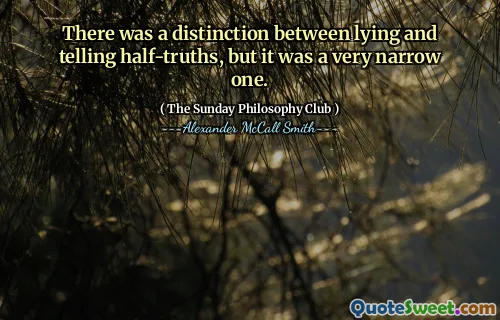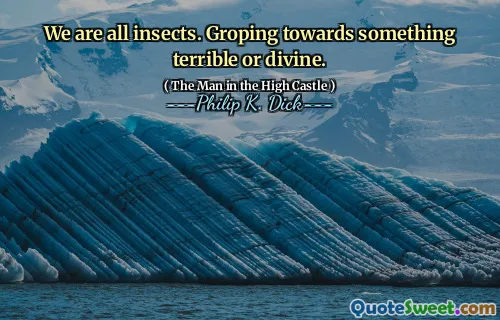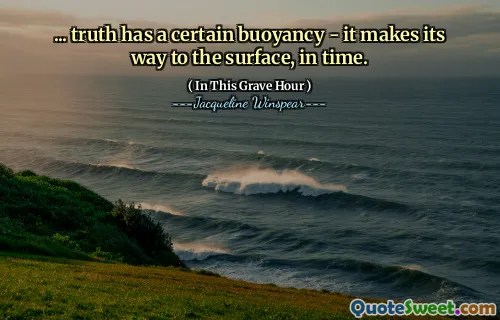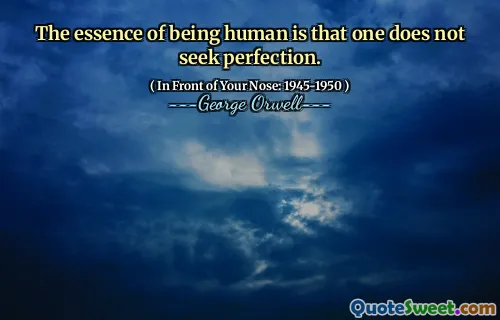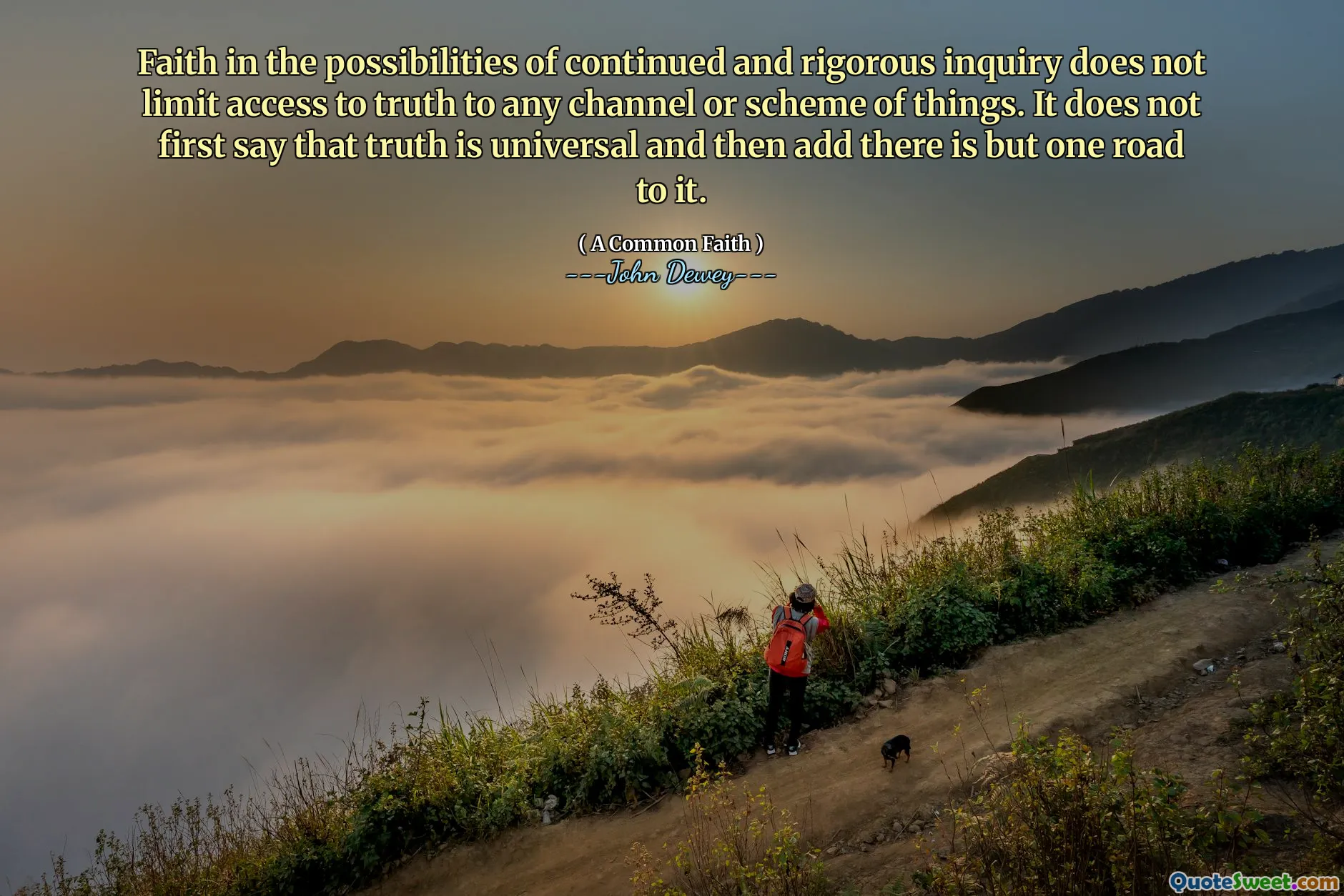
Faith in the possibilities of continued and rigorous inquiry does not limit access to truth to any channel or scheme of things. It does not first say that truth is universal and then add there is but one road to it.
This quote from John Dewey's A Common Faith beautifully captures the essence of intellectual openness and the democratic spirit of inquiry. Dewey challenges the notion that truth, while perhaps universal, is accessible only through a singular, prescribed pathway. Instead, he advocates for a dynamic perspective where continued and rigorous inquiry takes center stage. The quote affirms the importance of faith—not in static doctrines—but in the endless possibilities that exploration, questioning, and critical thinking bring to our understanding of reality.
Reflecting on this, I find that Dewey pushes against dogmatism. He reminds us that truth is not the monopoly of any one school of thought, ideology, or methodology. This is an empowering vision because it entrusts each individual and diverse communities with the capacity to seek and discover truth. It encourages humility, mutual respect, and openness to alternative perspectives. The process of rigorous inquiry, when freed from rigid dogma, fosters intellectual creativity, adaptability, and the evolution of knowledge.
Moreover, Dewey’s stance is deeply relevant today amid the proliferation of information sources and ideologies. It calls for a sustained commitment to investigation, fact-checking, and dialogue rather than complacency or allegiance to a single system of beliefs. The faith in inquiry is itself a unifying principle that invites varied roads toward understanding, underscoring the complexity of truth and the richness of human experience.
Ultimately, Dewey’s perspective is a profound endorsement of pluralism in epistemology. It encourages us to be courageous seekers of truth, honoring the journey of discovery as much as the destination.


